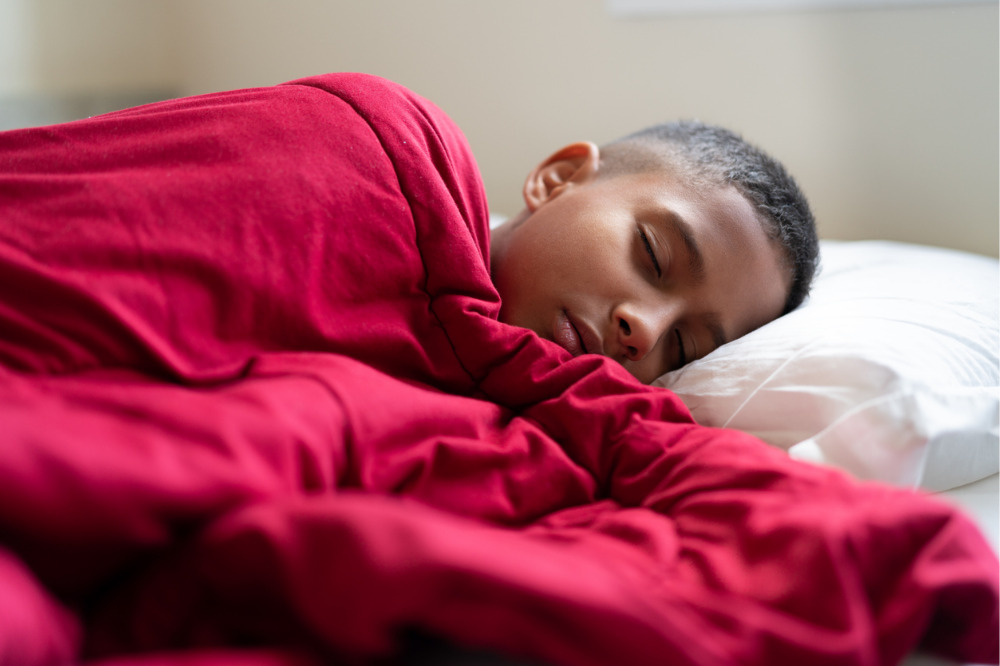
Studies have shown that Australian teens are the third most sleep deprived in the world and that more than 70% of Australian high school students suffer from regular sleep deprivation.
Teenagers face a three-hour sleep deficit per night on average, but those who spend five hours a day online are 50% more likely to fail meeting their minimum sleep requirements than peers who only spend an hour online each day.
As kids prepare to head back to school for Term 1, a sleep expert from UniSA Online says modifying sleep routines now will allow enough time for children’s body clocks to adjust to a new schedule before school starts.
“School leaders can encourage students and parents to consider the significant benefits of a healthy sleep routine by talking to children more about the benefits of sleep and risks of not getting enough sleep,” Dr Stephanie Centofanti from UniSA Online told The Educator.
“Increasing children’s understanding of why a good sleep routine is important, in the same way exercise and nutrition are focused upon in the curriculum, can help them to maintain healthy sleep behaviours.”
Dr Centofanti says providing resources to students and parents (e.g. class activities, posters around the class, fact sheets) can help bring sleep to the forefront.
“Creating opportunities for students to work on shared activities with their peers can also be helpful – for example brainstorming a healthy nighttime sleep routine and coming up with goals for the class, such as no phone use for 30 minutes before bed,” she said.
“There are many free resources and activity ideas available for teachers on the Sleep Health Foundation website.”
Dr Centofanti said promoting certain daytime health behaviours while in the classroom, or while being home-schooled due to the pandemic, can also contribute to good sleep patterns at night.
“These include things like being physically active, getting light exposure in the mornings, avoiding caffeinated drinks in the afternoons, and minimising overuse of technology.”
Top Tips for children’s sleep:
- Exercise in the sunshine during the day
- Avoiding bright light in the evening
- Cut technology at night (blue light impedes sleep)
- Choose lighter meals in the evening
- Keep the bedroom dark, cool and quiet
- Get kids involved in designing their own bedtime routine.
- Set a good sleep routine and stick to it (for example, bath, quiet time, stories).


